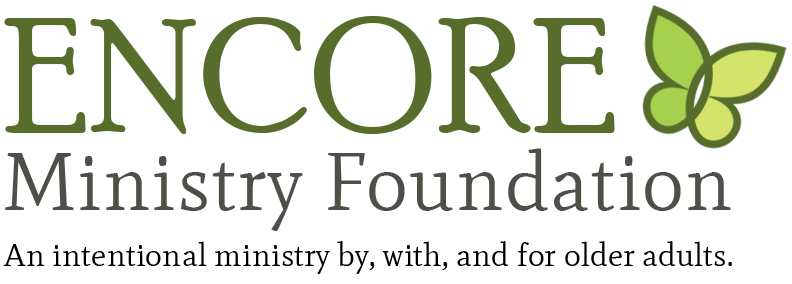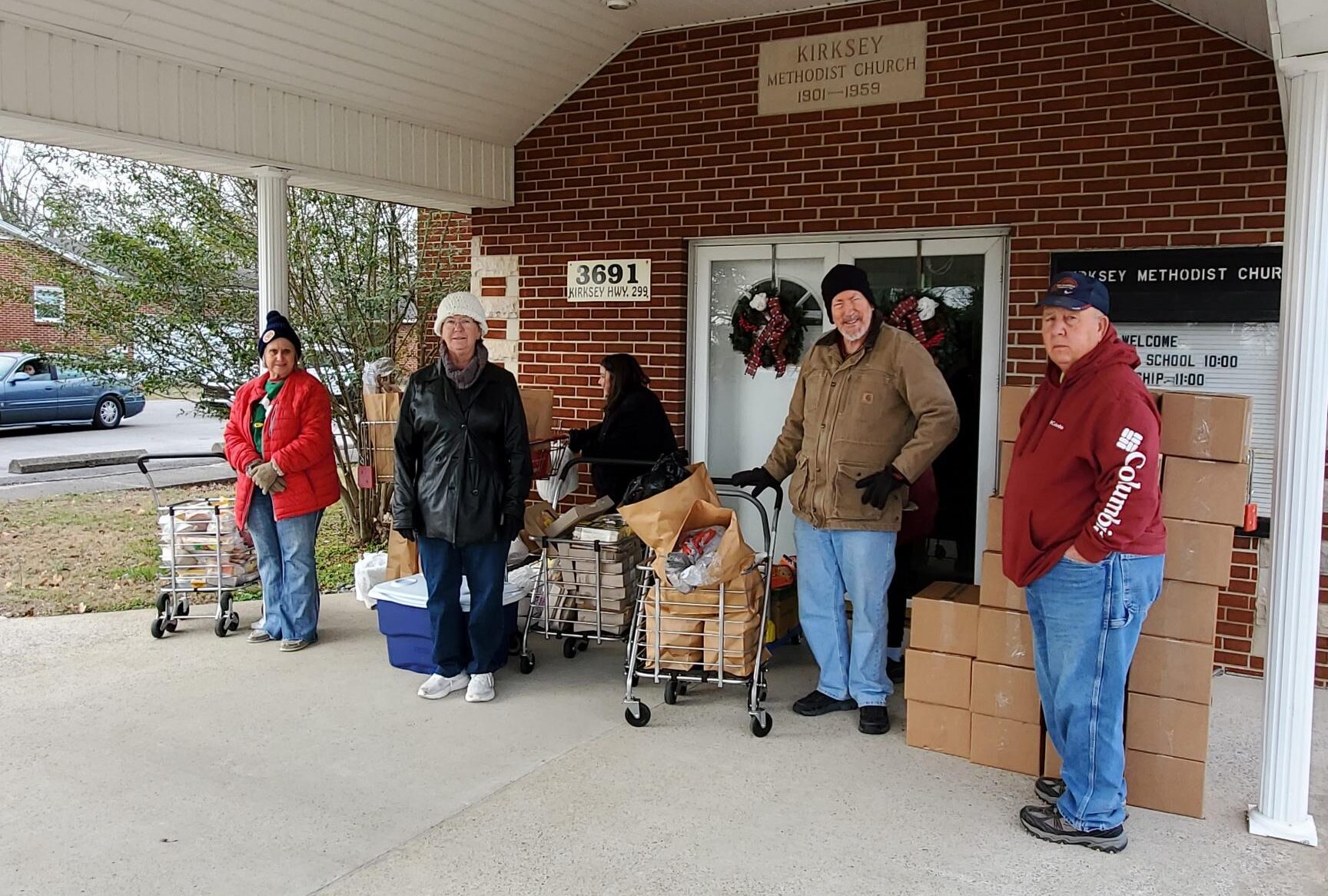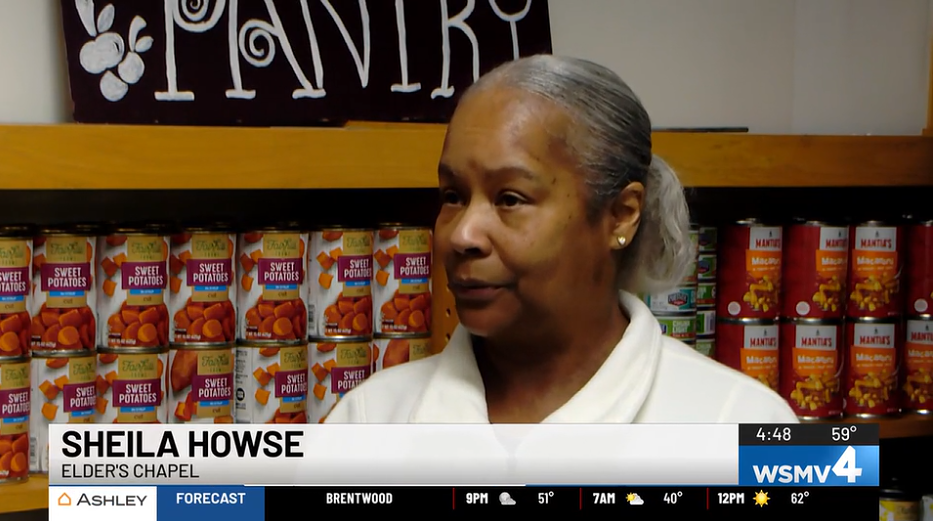By Richard H. Gentzler, Jr., DMin
When Moses came down from Mt. Sinai, he carried with him the Ten Commandments. These laws were to govern the beliefs and actions of his followers. The Fifth Commandment proclaimed that the people were to “honor your father and your mother, so that your days may be long in the land the Lord your God is giving you” (Exodus 20:12).
This is more than simply a law encouraging children to respect and obey their parents. Like the others in this code of laws, the commandment is directed to the adult who is burdened with the care of an aged parent. It is a warning against the desert people who, before the Mosaic Law, would send their elderly off into the wilderness to die when they could no longer care for themselves. And, it was a warning to the people who would send their elderly abroad to be eaten by wild beasts.
Now the God of Israel was proclaiming to the people that God’s way was not the way of the heathen. The children of Israel had a responsibility to care for their aging parents. The reward for such loving behavior is clear: so that the Israelites would experience a stable society in which health and long life could be enjoyed.
Yet, even today, those daughters and sons who have sought to minister to their aging parents know that it is not an easy task. There is no simple method by which parents can be helped–no simple solution to the demands of ministering to and caring for the aged.
Many adult children experience role changes in caring for their parents. The parent now becomes dependent upon the care of their adult children. Caregiving between adults includes help with homemaking, transportation, personal management, finances, and being an empathetic companion. It may involve a great deal of dependency, both practical and emotional, but it does not involve parenting. We do not become our parent’s parent! If your parent is no longer able to care for herself or himself, you may have new responsibilities–ones that may resemble those of parenting. But your parent is and always will be your parent, and you will always be his or her child.
For your parent, it is dehumanizing to be treated or spoken to as a child. Your parent may have reverted to childish ways, but that does not make your parent a child. Even in the case of the mentally impaired elder or the parent with Alzheimer’s disease, parenting is neither required nor possible. The parent was “parented” decades ago and since then has lived many adult years. Your parent is and always will be your parent, and you will always be his or her child. While the behavior of the parent may sometimes resemble that of a child, it does not mean that your parent is a child. You are called into a new relationship with your parent–a relationship that involves caregiving.
The relationship between parent and child is probably the deepest and most emotionally powerful of all human relationships, and the emotions are many. There is compassion, joy, and love. Yet there are also negative emotions, such as guilt, regret, anger, and frustration. There is no easy way to love parents when we might still be dealing with unresolved issues of guilt and anger from events long ago. But we are called to “honor” our father and our mother, and that invites the ministry of caregiving.
The role of the caregiver is an extremely important one. A relationship that expresses compassionate concern is basic to all caregiving activities. Unfortunately, most adult children who are caregivers often have little or no training, and generally less information. They are thrust into a role that they are ill prepared and ill equipped to undertake.
Caregiving is not simply an extension of our normal routine. It is not like raising small children. Caregivers are not usually young people in their 20s. They are aging spouses and middle-aged children. Getting up several times a night to check on a wandering father, or lifting a frail mother is bone tiring. These and countless other tasks can literally consume the lives of adult children. Very few jobs require 24 hours a day service, day in and day out, without a break. If you find yourself caring for a frail, aging parent or family member, here are some suggestions that you will find helpful:
Be flexible and willing to try alternatives
Be willing to accept help from others (e.g., other family members, home health care providers, community and church members, etc.)
Pay careful attention to maintaining your own physical and emotional health
Remain active in your church and community affairs for as long as possible
Expect and accept that there will be times when you will be angry
Focus on what is rather than on what is not
Maintain your personal appearance
Make time to participate in activities other than caregiving
Practice regular prayer and daily devotions
Treat your parent with respect and build up his or her self-esteem
Affirm the worth of your parent at this stage in his or her life
Maximize the independence of your parent
Participate in a respite care program at your church or through your hospital or community social service agency
To be of real assistance, you must go beyond your personal feelings and try to understand the feelings of your parent about his or her experience. Unless your parent is mentally incompetent, he or she is still an adult and still in control of his or her own life. Your parent doesn’t need anyone making decisions for him or her, and certainly not without his or her involvement. If you have concerns about an aspect of your parent’s life, express your concerns in love, but don’t direct your parent. After all, it is still your parent’s life. Let him or her live it as fully as possible. In so doing, you are honoring your father and your mother.
Dr. Richard H. Gentzler, Jr. (Rick) is the director for ENCORE Ministries, a ministry of the Golden Cross Foundation of the Tennessee Conference – UMC.



